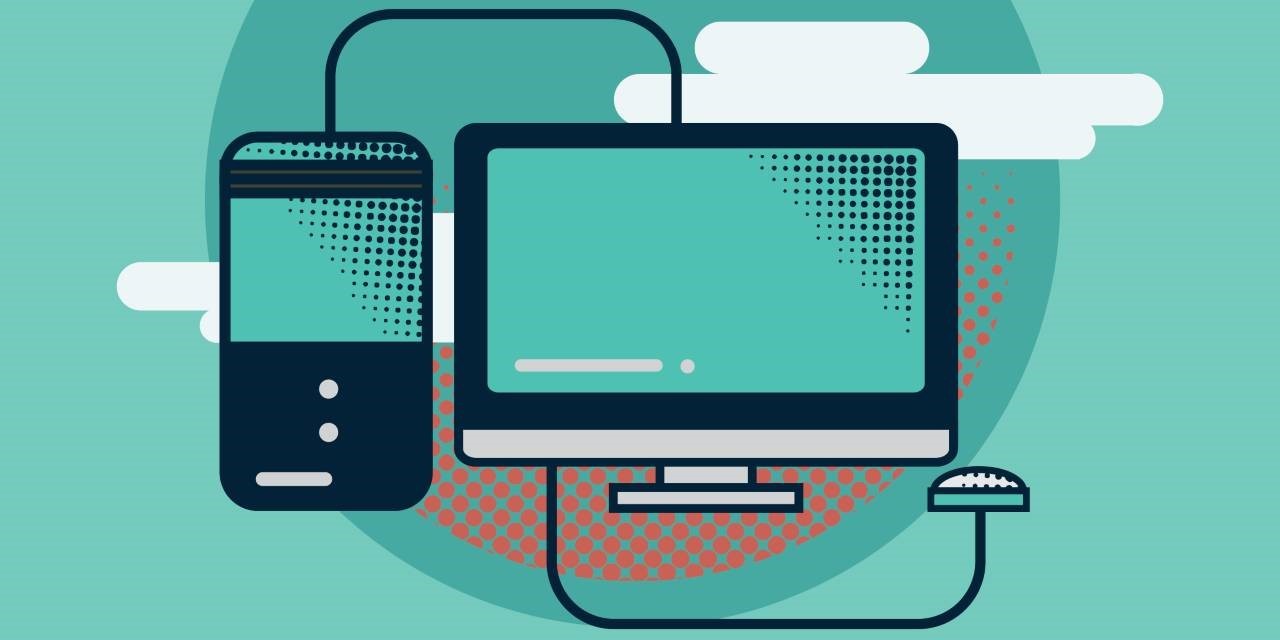
HOME
ABOUT US
SMARTPHONE SECURITY 101

Did you know that 67% of businesses had a data breach because employees have used their mobile devices to access the company's sensitive information? Unfortunately, most mobile users aren't familiar with the basic smartphone security measures that can be taken to make the hackers' lives much harder. Fortunately, this article will help some of you by highlighting what needs to be done.
The first step is to activate the screen lock. Set your smartphone in a way that makes it lock itself after 30 or 60 seconds of inactivity. This way, hackers (colleagues?) will not be able to get access to its data so easily. Don't use a PIN code to unlock the screen; it's the weakest security mechanism, and it can be overridden quite fast. A screen pattern is somewhat better, but still not good enough. So, always use a strong password and your fingerprint or biometric features, if the smartphone supports one of these security mechanisms. Also, make sure that all the phone data is wiped out after a few dozens of failed login attempts.
Most phones will allow you to encrypt all their data. It's a good solution, and it won't slow down your device. If a cyber criminal manages to steal your smartphone, he or she won't be able to utilize the data that was stored on its SD card, for example.
Now that your phone is secure, it's time to discuss another key layer of protection: software. Always keep your phone's operating system updated. Both iOS and Android mobile operating systems have flaws, but fortunately they are patched quite fast. Resist the temptation of using jailbroken phones; they may provide additional features, such as the ability of getting rid of unwanted apps and notifications, but they will also open a door to hackers.
Once that is done, concentrate your efforts on having the apps patched as well. Most people have installed hundreds of apps on their phones, so the effort of patching them may seem quite big. Fortunately, this can be done for you behind the scenes; both app stores offer this service. And don't forget to avoid third-party app stores, even if they include apps that your coworkers would like to have installed on their devices.
It goes without saying that you shouldn't allow people to install the latest memory booster app on their phones. Often, apps like these are created by cyber criminals with the goal of infecting your smartphone. It's best to stick to apps that have been developed by well-known companies, which have big ratings in the app stores.
Many developers will want to collect diagnostic data from their applications, so often they will make them request more permissions than needed. Since both Android smartphones and iPhones have flexible tools that allow you to control the permission of each app, you should limit the permissions to the ones that are actually needed. It makes no sense for a calculator app to have the ability of accessing your contact list or to send an SMS, for example. The minute you see something fishy about an app, you should uninstall it right away. I guarantee that you will quickly find an equivalent that doesn't request any weird permissions to run.
Always keep an eye on the amount of energy that is needed by the apps which are installed on your smartphone. If an app that hasn't been used for days in a row is constantly drawing power from the phone's battery, it may send confidential data to its maker.
Don't forget to install an ad blocker. It's one of the easiest ways of preventing your smartphone from getting infected while you are visiting a web page. On a side note, the same app will also help you get a longer battery life and utilize less of your mobile data plan.